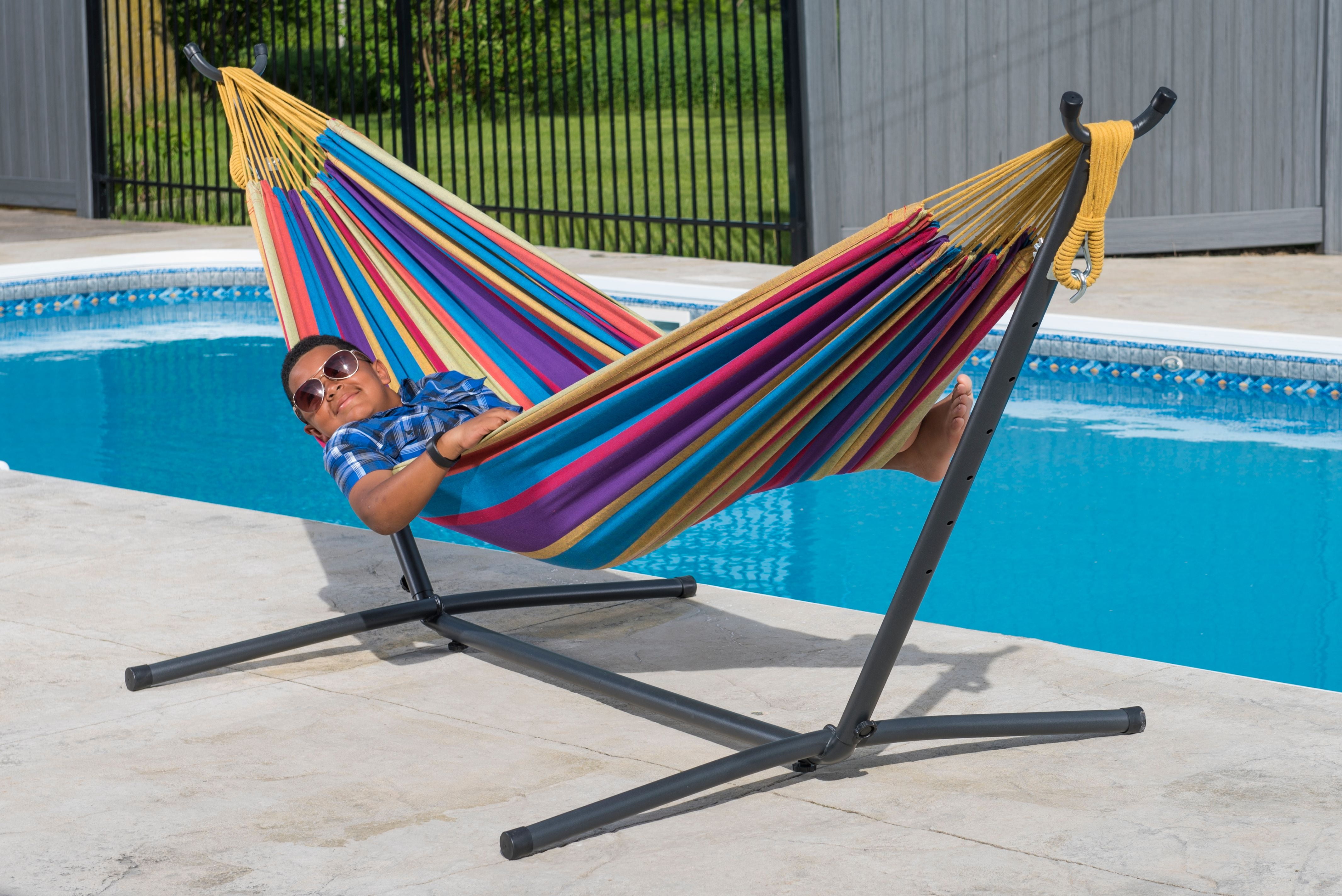New Mars Forums
You are not logged in.
- Topics: Active | Unanswered
Announcement
#1 2024-05-31 15:02:54
- SpaceNut
- Administrator
- From: New Hampshire
- Registered: 2004-07-22
- Posts: 29,987
500 passenger safety use requirements
Life Support Systems: The document doesn't detail the life support systems for 500 passengers. A detailed analysis of the required systems and their mass and volume is necessary.
Risk and Failure Modes: A comprehensive risk and failure mode analysis should be conducted to identify potential vulnerabilities and mitigation strategies.
Overall, the design specifications for the SSTO spacecraft appear well-considered and technically sound. However, further detailed analysis and engineering studies are recommended before finalizing the design and proceeding with development.
Good question as the passengers needs to be on the ship for the chase, orbital use and the descent before it can be reused after resupplying the ship with the need goods and made ready once more.
Safety is a prime goal for any ship delivering crews to orbit, work while on orbit and during the landing.
Seats are part of that safety mass, maybe overhead luggage storage if not being packed up, maybe space like suits with helmet, Seats are most likely adjustable and would have more plug in capabilities for monitoring the persons vitals during launch and descent. Part of that life support requires food, water ect for any crew use period.
Offline
Like button can go here
#2 2024-06-01 07:52:58
- SpaceNut
- Administrator
- From: New Hampshire
- Registered: 2004-07-22
- Posts: 29,987
Re: 500 passenger safety use requirements
https://www.faa.gov/headquartersoffices … dimensions
One can assume that mass will alter seating as compared to that of an airplane.
https://www.fire.tc.faa.gov/pdf/handbook/00-12_apC.pdf

This is too heavy for use.
current space x crew seats
Airbus A380 is approved to hold 853 passengers and 20 crew, and has an interior volume of 550 square meters of floor space (if you assume 2m height, that's 1100 cubic meters). The Starship will have 1100 cubic meters of volume, unclear on how much is usable.
If we go with a rough weight estimate for 100 people + Suitcases + Seats + Floor to carry them would maybe be 250 kg per person in mass. Which would in that case mean 25t total 'payload' compared to and empty Starship upper stage.
This means we are max payload with no safety margin for anything else if payload is exceeded.
Offline
Like button can go here
#3 2024-06-01 10:28:24
- SpaceNut
- Administrator
- From: New Hampshire
- Registered: 2004-07-22
- Posts: 29,987
Re: 500 passenger safety use requirements
Hamock do not make sense.
But the low gravity seat seems to be more to the use that space x has been using.
Here is the EVA suits that we will require even if hopefully not used.
Offline
Like button can go here
#4 2024-06-02 17:08:51
- SpaceNut
- Administrator
- From: New Hampshire
- Registered: 2004-07-22
- Posts: 29,987
Re: 500 passenger safety use requirements
From launch to docking, a spacecraft typically takes between 6 hours and 3 days to travel from Earth to the International Space Station.
Seems we need to plan for the worst of the times both up and down.
Offline
Like button can go here
#5 2024-06-02 17:23:48
- kbd512
- Administrator
- Registered: 2015-01-02
- Posts: 8,364
Re: 500 passenger safety use requirements
SpaceNut,
Believe it or not, there are much stronger fibers that can be used than nylon hammock material. Kevlar immediately comes to mind. The passengers will be laying flat on their backs, facing the sky (the direction of travel), and the "hammock" will have the required strength and stiffness to support their weight and secure them properly.
Offline
Like button can go here
#6 2024-06-02 17:32:10
- SpaceNut
- Administrator
- From: New Hampshire
- Registered: 2004-07-22
- Posts: 29,987
Re: 500 passenger safety use requirements
Yes, since I have worked with fiber optic cable making where the jacket of Kevlar fibers is thread like materials, but it's still needs to be woven and then stretched over a frame to make it not sag.
1 gallon of water a day per person and then food and oxygen must be supplied for the duration that seems like it could go nearly a week.
Offline
Like button can go here
#7 2024-06-02 17:51:59
- kbd512
- Administrator
- Registered: 2015-01-02
- Posts: 8,364
Re: 500 passenger safety use requirements
SpaceNut,
It's going to be attached to the walls of the passenger compartment.
I estimate we need about 301kg of 17ounce per yard Kevlar fabric for the crew restraint system for all 500 passengers.
Edit:
The entire mission duration is 48 hours at most, not a week. You're meeting up with another much larger spacecraft in LEO. This is a Point A to Point B transport vehicle. It's not a "home away from home".
Last edited by kbd512 (2024-06-02 17:53:28)
Offline
Like button can go here
#8 2024-06-23 14:53:13
- SpaceNut
- Administrator
- From: New Hampshire
- Registered: 2004-07-22
- Posts: 29,987
Re: 500 passenger safety use requirements
Woven fabric
Single end point wall attachment means something must force it to straighten the fabric.

Of course, time to get each crew member into a space suit and then to egress and be ready is something that will need assistance to make happen if there is no means to get from a floor if there are any between hammocks to get ready for launch in.
Offline
Like button can go here